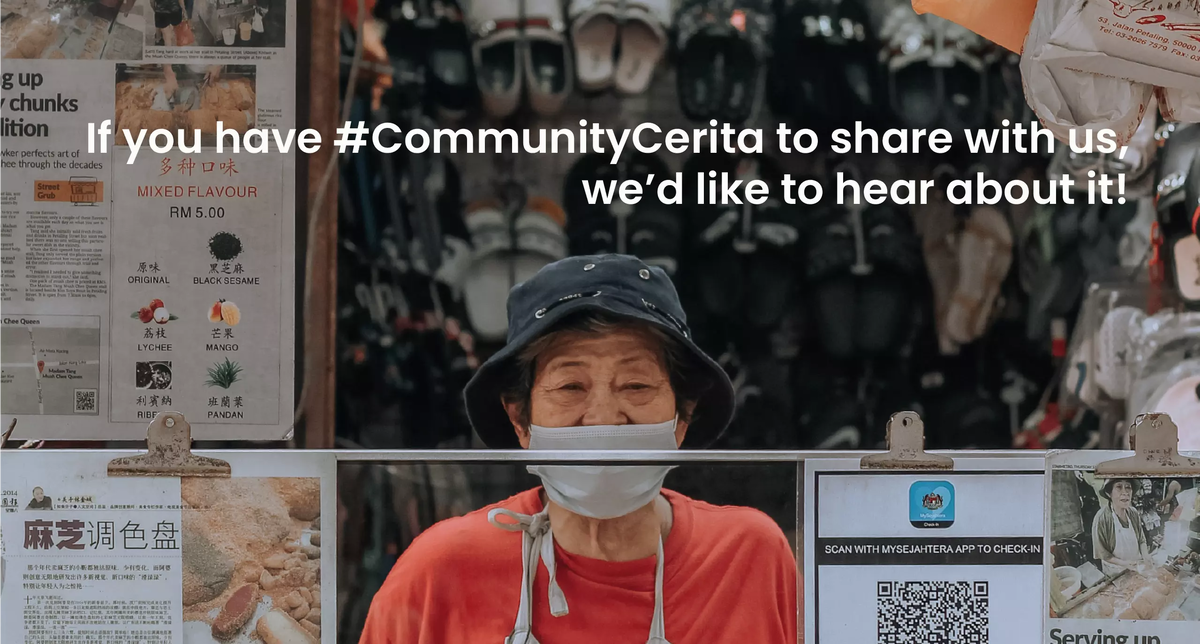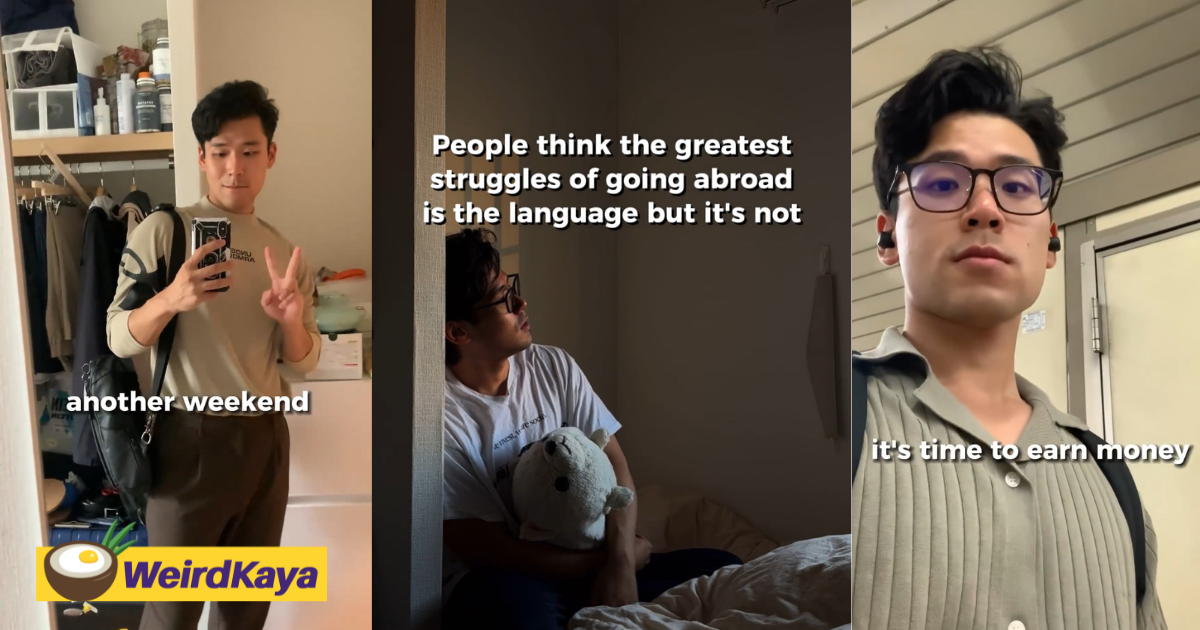Exclusive Story by WeirdKaya – Reproduction requires proper crediting and backlink to us. Kindly acknowledge the efforts of our editors in sourcing and conducting interviews.
Living in a foreign country for a long stretch is like embarking on a big adventure that totally transforms you.
You’re constantly soaking up new experiences, which can change the way you see the world and even who you are. It’s all about finding your footing in a new culture while still holding onto your own roots.
That was the journey of Tham Mao Shen, a 28-year-old Malaysian who’s been living in Japan since 2014. Born and raised in Alor Setar, Kedah, Tham’s got a story that’s all about adapting to the land of the rising sun while still holding onto his roots.
‘I moved for the money’
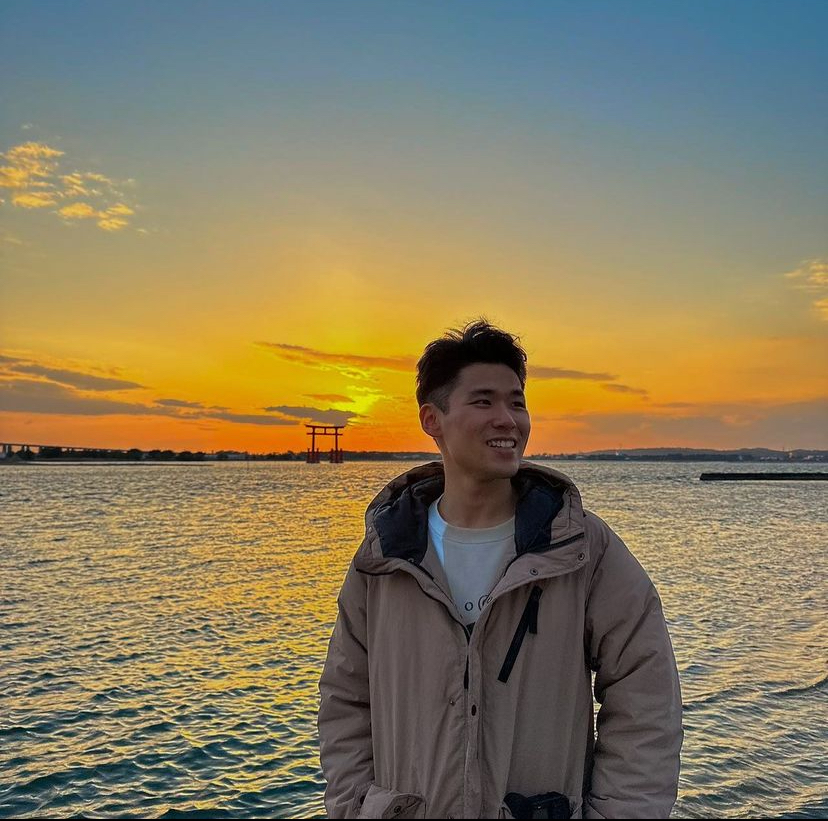
Speaking to WeirdKaya, Tham’s reply when asked why he moved to Japan was rather candid: “To be very honest, it was the money.”
While financial stability was the main factor that drew him to Japan, Tham revealed that over time, his reasons for staying have since evolved. “Nowadays, it’s all about comfort,” he said.
Remarkably, Tham made the move to Japan at just 17 years old, a bold step that would shape his future in profound ways.
Reflecting on his upbringing in Malaysia, Tham describes a life centred around routine tasks like attending tuition classes and preparing for exams such as PMR and SPM.
However, his transition to Japan opened doors to new experiences and opportunities, leading him to acknowledge that he now possesses a deeper understanding of Japan than his homeland—a realisation that weighed heavily on him.
Upon touching down in Japan, Tham’s initial impressions of the country was one of awe and wonder.
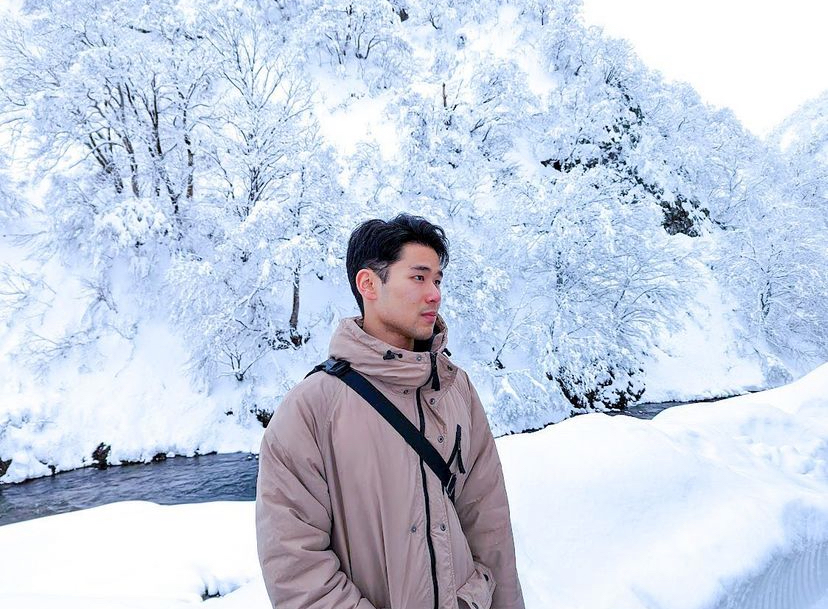
Everything seemed fresh and vibrant, from the picturesque cities to the distinct seasons, with winter leaving an indelible impression on me with its biting cold and temperatures hovering between 5 to 10 degrees Celsius.
“Another aspect that stood out to me was the meticulous cleanliness maintained by the Japanese people—a stark contrast to what I was accustomed to back in Malaysia,” he shared.
‘Sleep is for the weak, you sleep when you die’
As for his educational journey, Tham recounted that after completing SPM, he set off for Japan with a group of Malaysians with the purpose of studying Japanese at a local school for a year.
To enroll into a Japanese university, one needs to have completed 12 years of formal education, whereas in Malaysia, it only involves six years of primary school and five years of secondary school.
As such, that one year was crucial for Tham to fulfill the educational requirements in Tokyo.
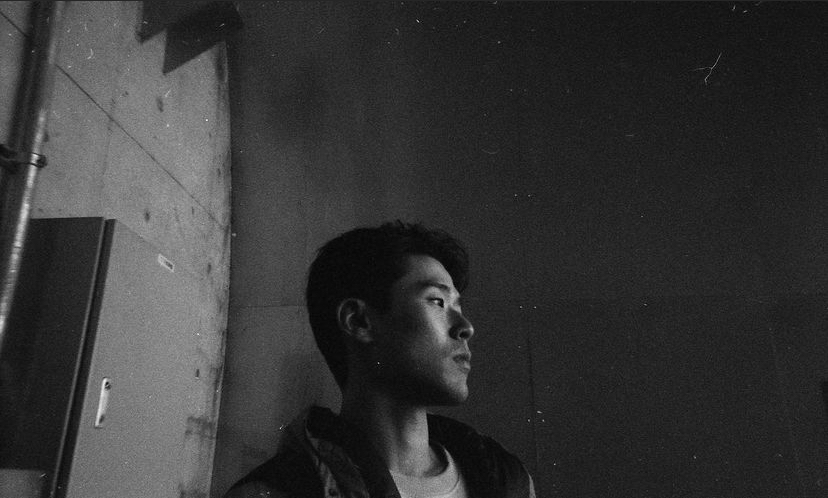
During this time, he had to take two tests: the Japanese Language Proficiency Test (JLPT) and the Examination for Japanese University Admission for International Students (EJU), which is akin to Malaysia’s SPM but for foreigners.
Upon completion of these tests, he applied to universities and was accepted into Niigata University. This prompted his move from Tokyo to Niigata, transitioning from the city to the countryside.
His academic pursuit focused on architecture, spanning six years encompassing both his master’s and bachelor’s degrees.
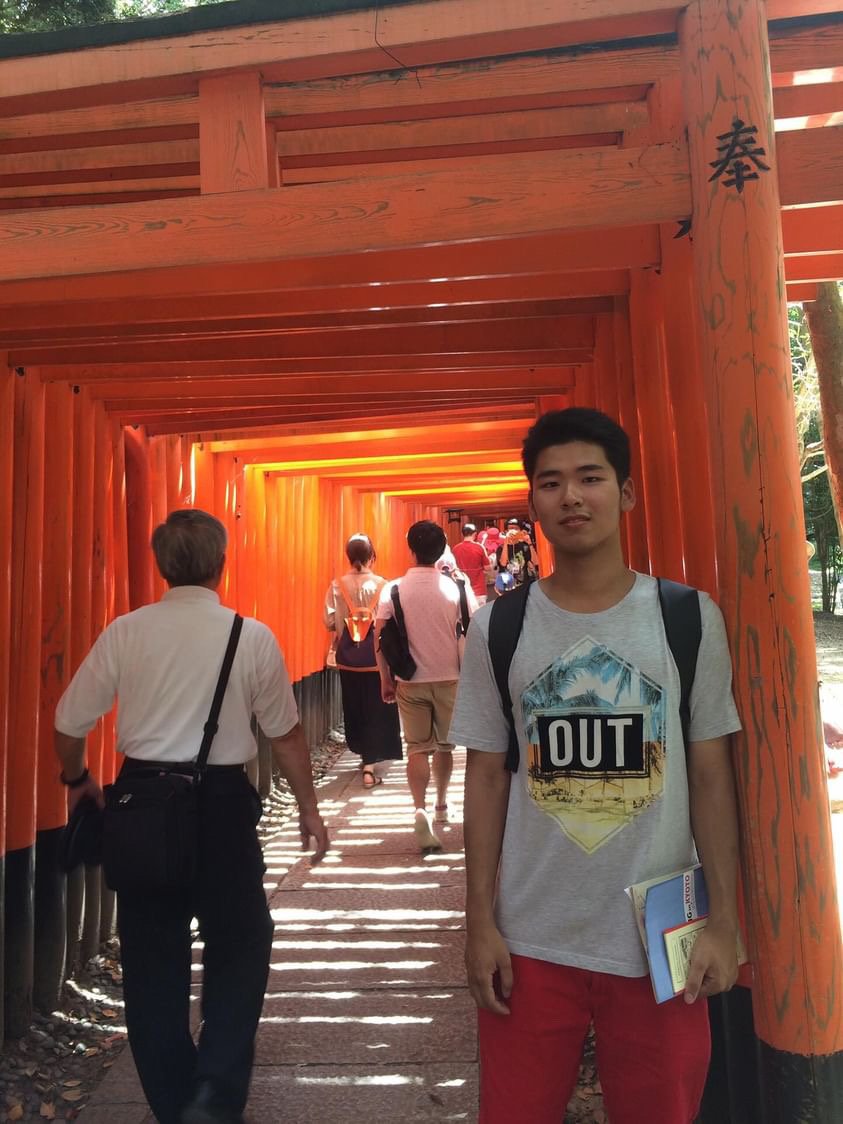
The four years of his bachelor’s degree were described as a mix of enjoyment and hardship. However, after four years, apprehensions about entering the workforce led him to pursue a master’s degree. Ironically, upon beginning his master’s, he found himself disliking it intensely.
My motto while pursuing my bachelor’s degree was ‘Sleep is for the weak, you sleep when you die’. However, my perspective shifted during my Master’s degree. I don’t regret the time spent. I just regret the education.
“While my Master’s degree journey wasn’t challenging per se, it was laden with research and output, which was akin to paying for a visa to stay in Japan,” he said.
When asked about his language proficiency, Tham noted that he considered himself proficient in four languages, namely Japanese, Chinese, English, and Malay.
Pined for family & work-life balance
When questioned about what he missed the most during his time in Japan, Tham expressed longing for local food and, most importantly, his family.
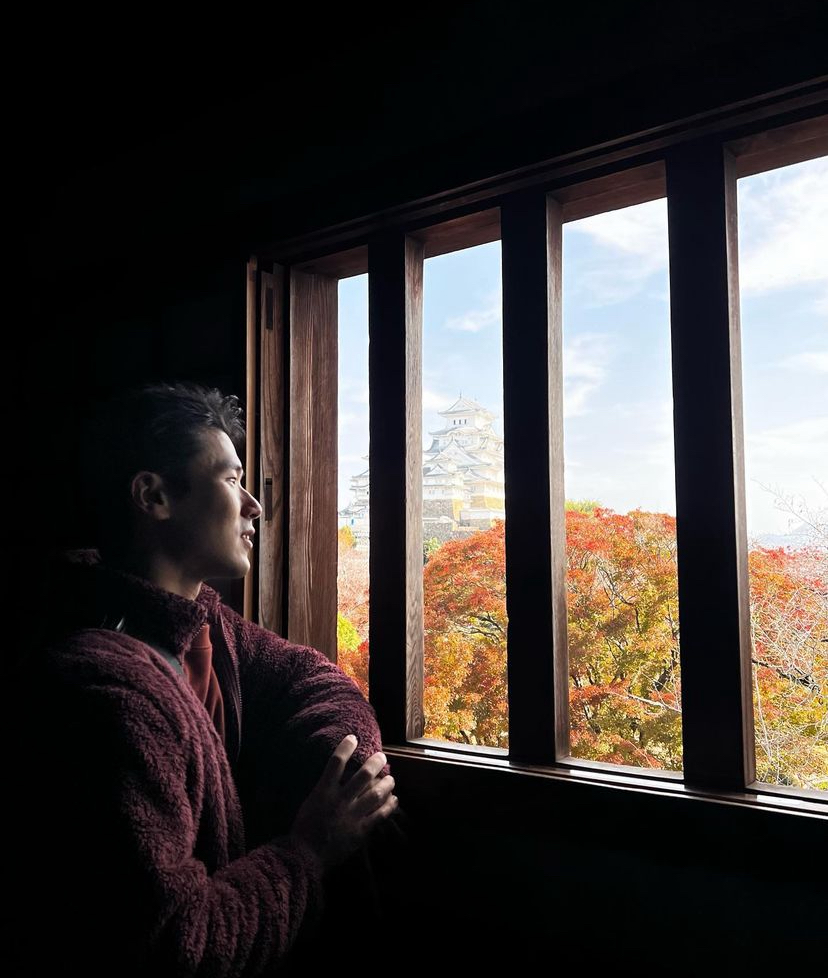
Many people don’t realise that when you video call your parents occasionally, you start noticing strands of gray hair on them.
“When you’re in your home country, you see your parents regularly so you don’t notice changes as much. But after a while of being apart, you see the changes immediately and that can be quite scary,” he recounted.
Tham also shared that another challenging aspect of his life in Japan was finding a job that wouldn’t require him giving up on his sleep and social life.
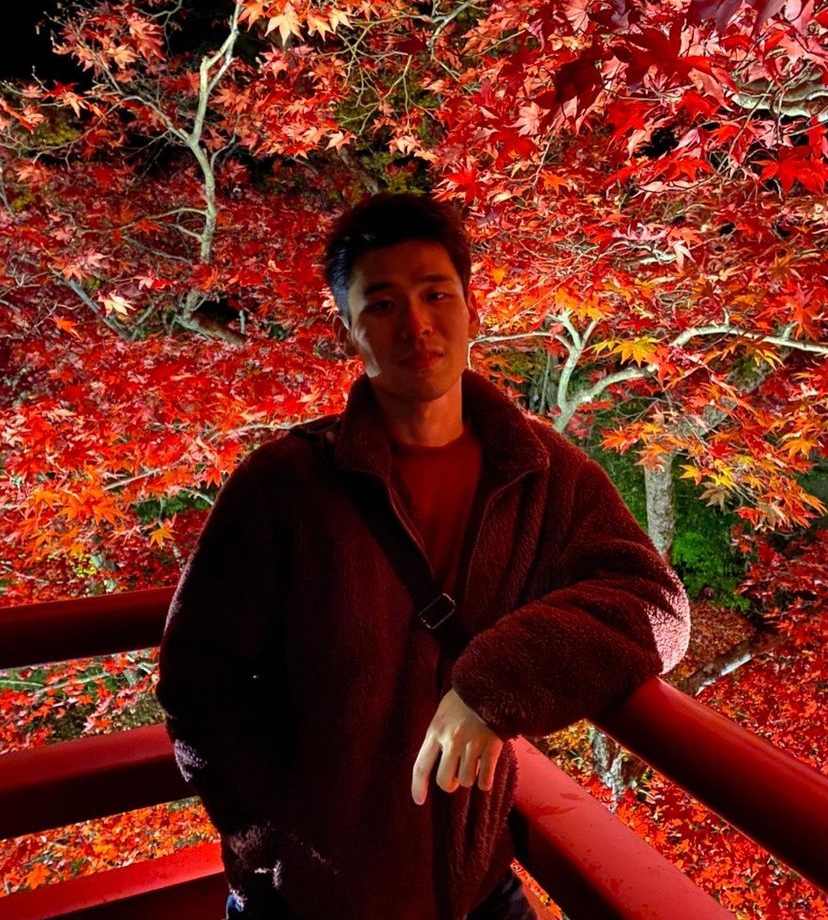
“When I was searching for a job, I realised that staying out late and sacrificing sleep wasn’t the lifestyle I wanted. It contradicted who I am; I enjoy interacting with people and speaking multiple languages.
“A senior colleague suggested I apply for a position in overseas sales and I eventually got the job. Initially, I exported Japanese tools to various countries like Korea and Taiwan, but after two years, I felt stagnant and sought new opportunities.”
Utilising platforms like LinkedIn, Tham later secured a role in sales at an influencer marketing agency, where he currently works at in Tokyo.
Being patronised at work
When asked about the influence of being a foreigner in Japan on his treatment at work, Tham shared that he occupies a peculiar position due to his East Asian appearance, where he’s often being mistaken for a Japanese person.
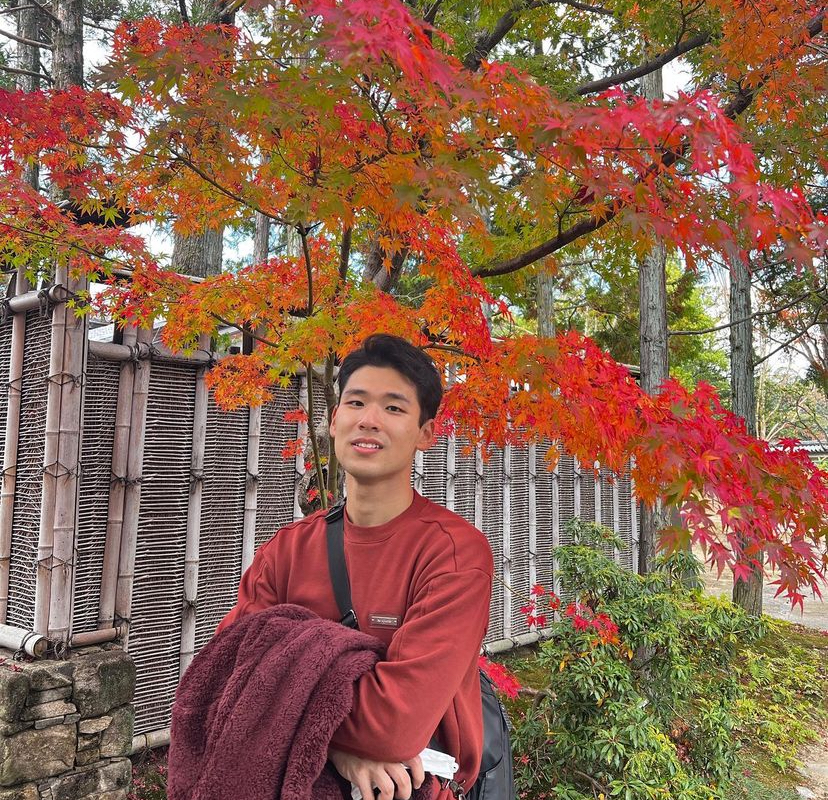
“At first glance, people don’t immediately recognise me as a foreigner, allowing me to blend in. However, once they become aware of my foreign status, their demeanor tends to change. They may speak slower, which can sometimes come across as patronising.
Nonetheless, I don’t necessarily view this as entirely negative. It can be convenient as I feel less pressured to conform to certain expectations. This is me trying to find a positive angle in how I’m being treated.
Tham also dispelled the notion that Japanese people are usually exceptionally polite, adding that this was quite evident in the customer service line.
“While they mostly are, particularly in the hospitality and service industry, it’s just another part of the job requirement.
“In Tokyo, the reality is somewhat different and annoying at times. Japanese people are not always extremely polite and they tend not to show much concern. There have been occasions where I made mistakes, and instead of offering assistance, they simply took over the task originally assigned to me,” he remarked.
‘Other people’s opinion don’t matter to me’
Given the fact that travelling to a foreign country, let alone residing there, is a big decision to make, Tham said he had received his parents’ blessing and encouragement before the big move, something he believes is vital.
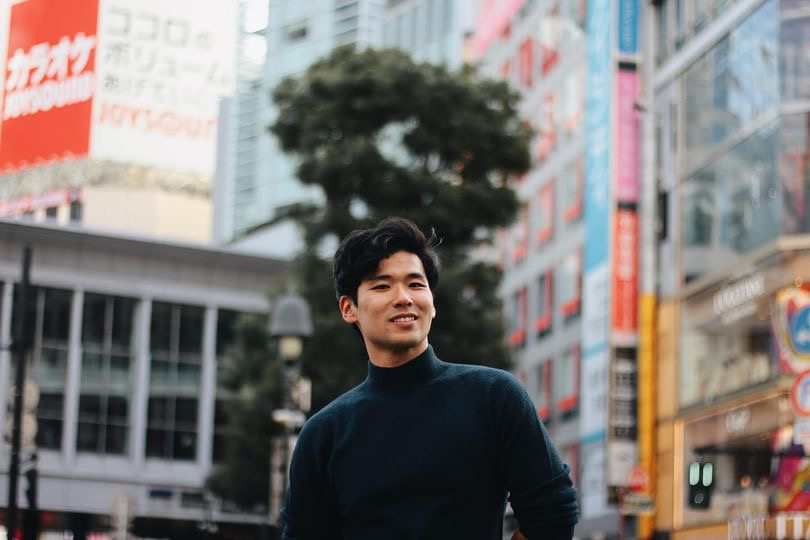
Ultimately, as long as my parents approve of my decisions, I’m content. Other people’s opinions don’t matter to me.
“As for those looking to relocate to Japan, I’d suggest acquiring basic Japanese language skills upon completing their studies so that they can pursue opportunities in the country,” he said.
Tham also offered several insights of living in Japan, where he revealed that one will be bound to experience inequality, racism, and cultural differences.
People should realise that there will always be sh*tty people around. The best thing to do is to simply move away from them.
“It’s also important to step out of your comfort zone and engage with individuals from different cultural backgrounds rather than exclusively interacting with fellow Malaysians only.
“That way, you won’t feel like you’re still in Malaysia. Rather, you’ll truly experience being in a different country,” he advised.
Battling loneliness
As it always is with living in a foreign land, Tham has had his fair share of loneliness while living and working in a bustling city like Tokyo.
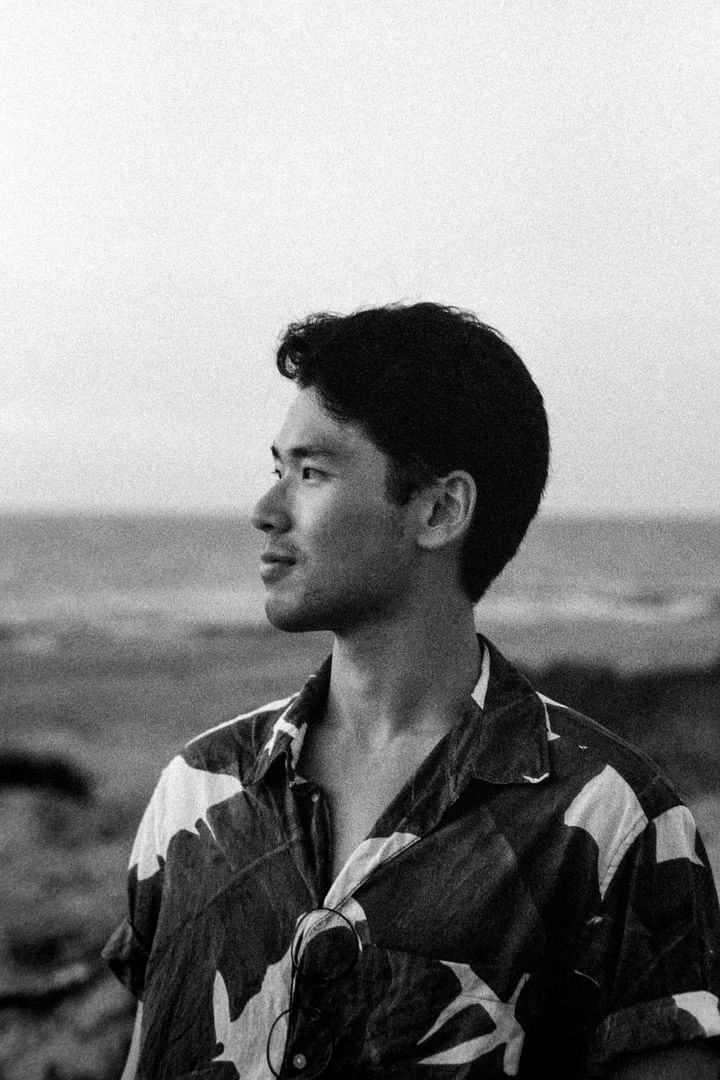
Japan can be very lonely. It’s quite difficult to make friends. It doesn’t matter if you’re Japanese or not; everyone feels lonely in Tokyo.
“In light of this, I recommend proactively making friends online before arriving in Japan using platforms like HelloTalk to establish connections and mitigate feelings of isolation.”
While Tham strongly encourages Malaysians like him to seize the opportunity to live abroad when it comes, he’s also calling for it to be tempered with due diligence.
“If you’re financially able to do it, go ahead. If not, seek for scholarships or work part-time to ensure you have the means to survive before making the move.”
READ ALSO:
